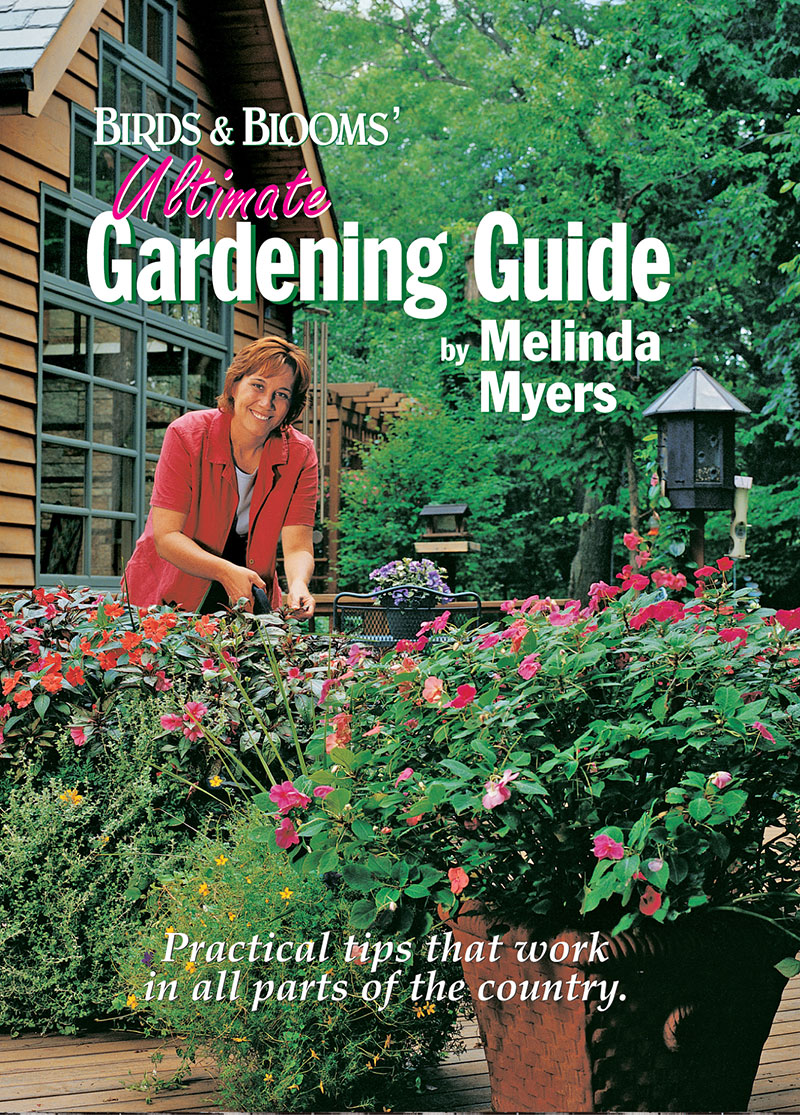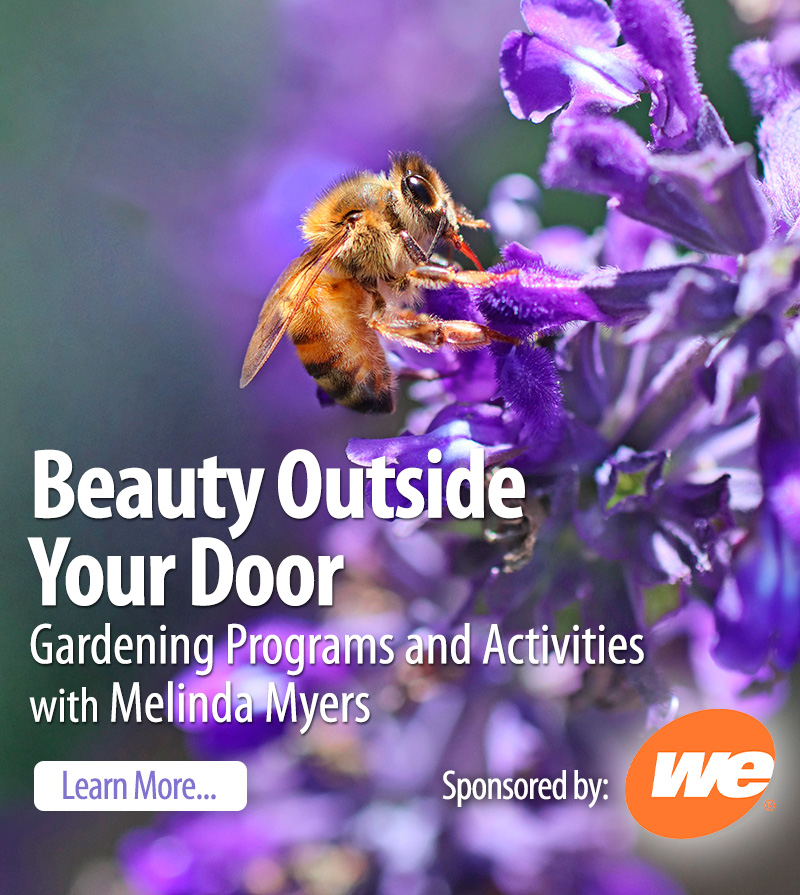
Fertilizing Flower Beds
What are your thoughts on fertilizing flower beds? My gardener says it's not necessary and took college courses to back her recommendations. Why then do they sell fertilizer and people use it? I'm really confused about this.
In general we tend to overfertilize our lawns and gardens. A soil test will tell you what type and how much fertilizer your garden needs. I also evaluate the growing conditions and watch the health and vigor of my plants when deciding to fertilize. So what is a gardener to do?
Research has shown that perennials planted in a properly prepared garden need little if any fertilizer. The problem is most people don't spend the time and money to prepare the soil. If you did then just add one to two inches of compost every other year to enrich the soil with nutrients and organic matter.
If you feel the plants need a boost consider using a low nitrogen slow release fertilizer such as Milorganite. Avoid fertilizers high in phosphorous and potassium unless your soil test indicates your soils are deficient. We are finding that years of using balanced fertilizers such as 10-10-10 have resulted in excess levels of these two nutrients.
Annual gardens tend to use more nutrients. They flower profusely all summer without the benefit of a large root system like our perennials. Again I would stick with a low nitrogen slow release fertilizer unless your soil test recommends something different. I add compost and peat moss to the soil in spring and shredded leaves in fall to improve my annual flower and vegetable gardens.
I supplement with fertilizer if the plants aren't growing and producing as I feel they should. Often I include a slow release low nitrogen fertilizer in the soil prior to planting. I find this works for me.
Container gardens are a different story. Most potting mixes are soilless and do not hold on to the nutrients. Plus the frequent watering washes the nutrients through the soil. I like to incorporate a slow release fertilizer in the potting mix at planting. This eliminates the need for mixing and applying fertilizer throughout the season. Check the potting mix bag before adding fertilizer - many have done this for you so do not add more.
Select a fertilizer recommended for the type of plants you are growing. And lastly, your soil type and growing conditions will influence how much fertilizer your garden needs. Work with your gardener to improve the soil and work together to monitor plant growth and determine when to fertilize.
Related
Upcoming Live Events
& Webinars
April 27, 2024
Ridges & Rivers Book Festival
Viroqua, WI
Register now
April 28, 2024
Flowering Trees and Shrubs
Ebert's Greenhouse Village, Ixonia, WI
May 1, 2024
FREE WEBINAR
Ornamental Fruits and Vegetables
Register now
May 4, 2024
Garden U 2024
New Richmond, WI
Register now
May 9, 2024
FREE WEBINAR
How to Plant Your Rain Garden
Register now
May 11, 2024
Ask The Plant Doctor Q & A
Ebert's Greenhouse Village, Ixonia, WI
May 12, 2024
Ask The Plant Doctor Q & A
Ebert's Greenhouse Village, Ixonia, WI
May 18, 2024
Ask The Plant Doctor Q & A
Ebert's Greenhouse Village, Ixonia, WI
June 1, 2024
Selecting, Planting, Pruning and Caring for Hydrangeas
Ebert's Greenhouse Village, Ixonia, WI
June 5, 2024
FREE WEBINAR
Under-Appreciated Pollinators
Register now
WATCH ON-DEMAND WEBINARS
Learn More














